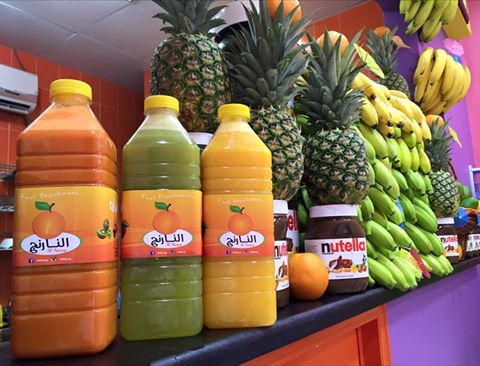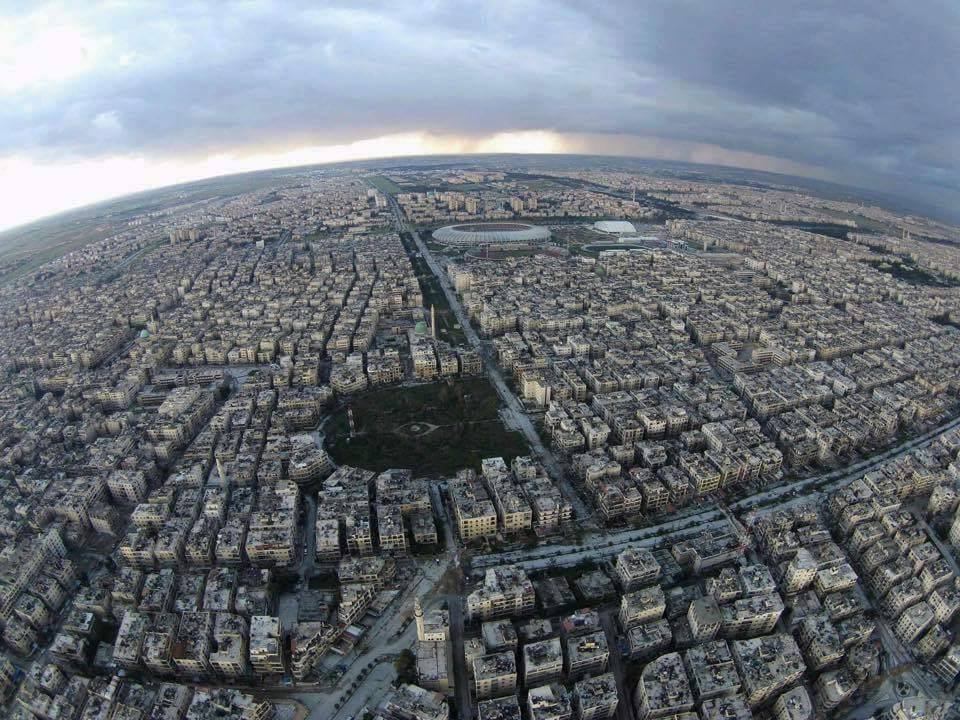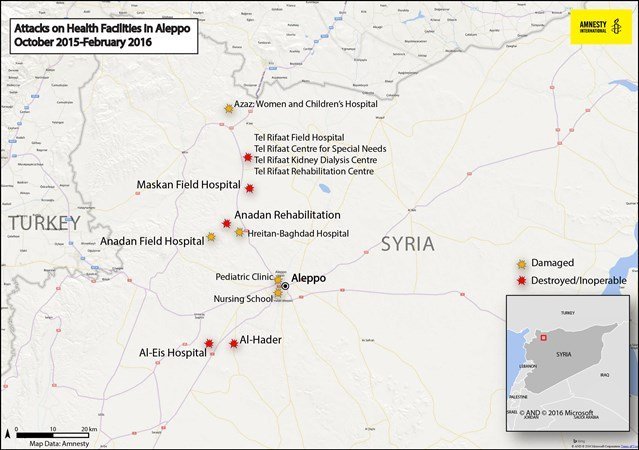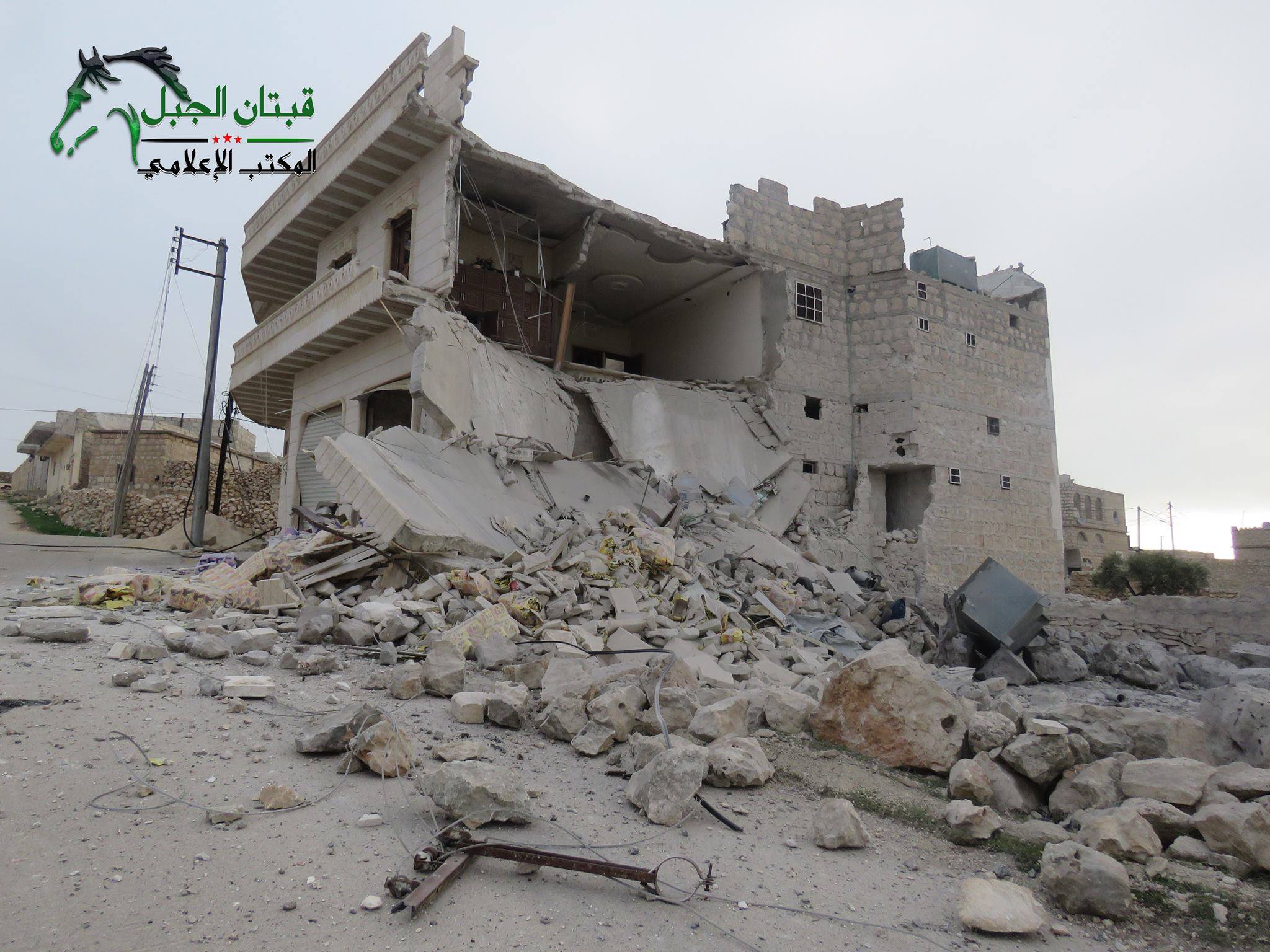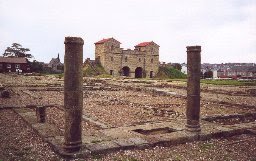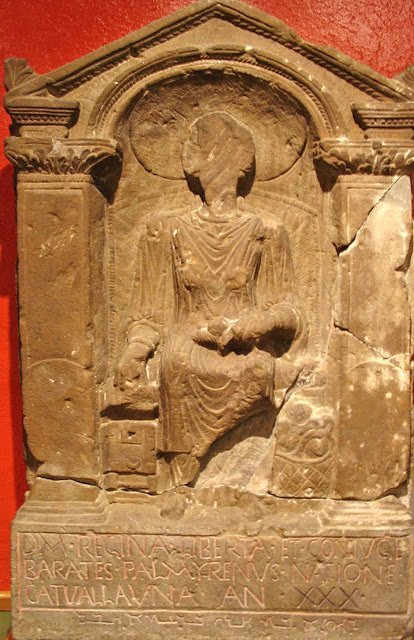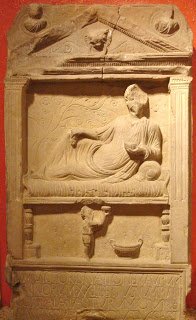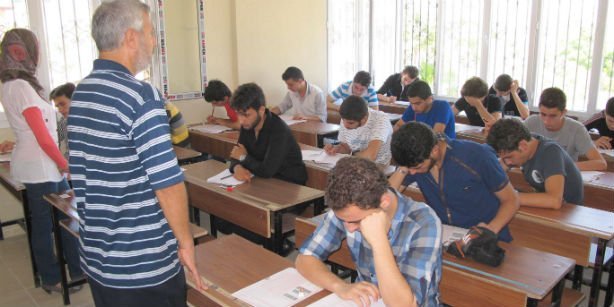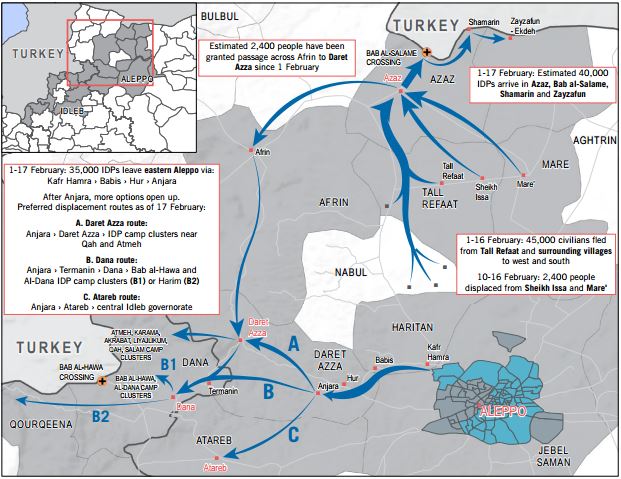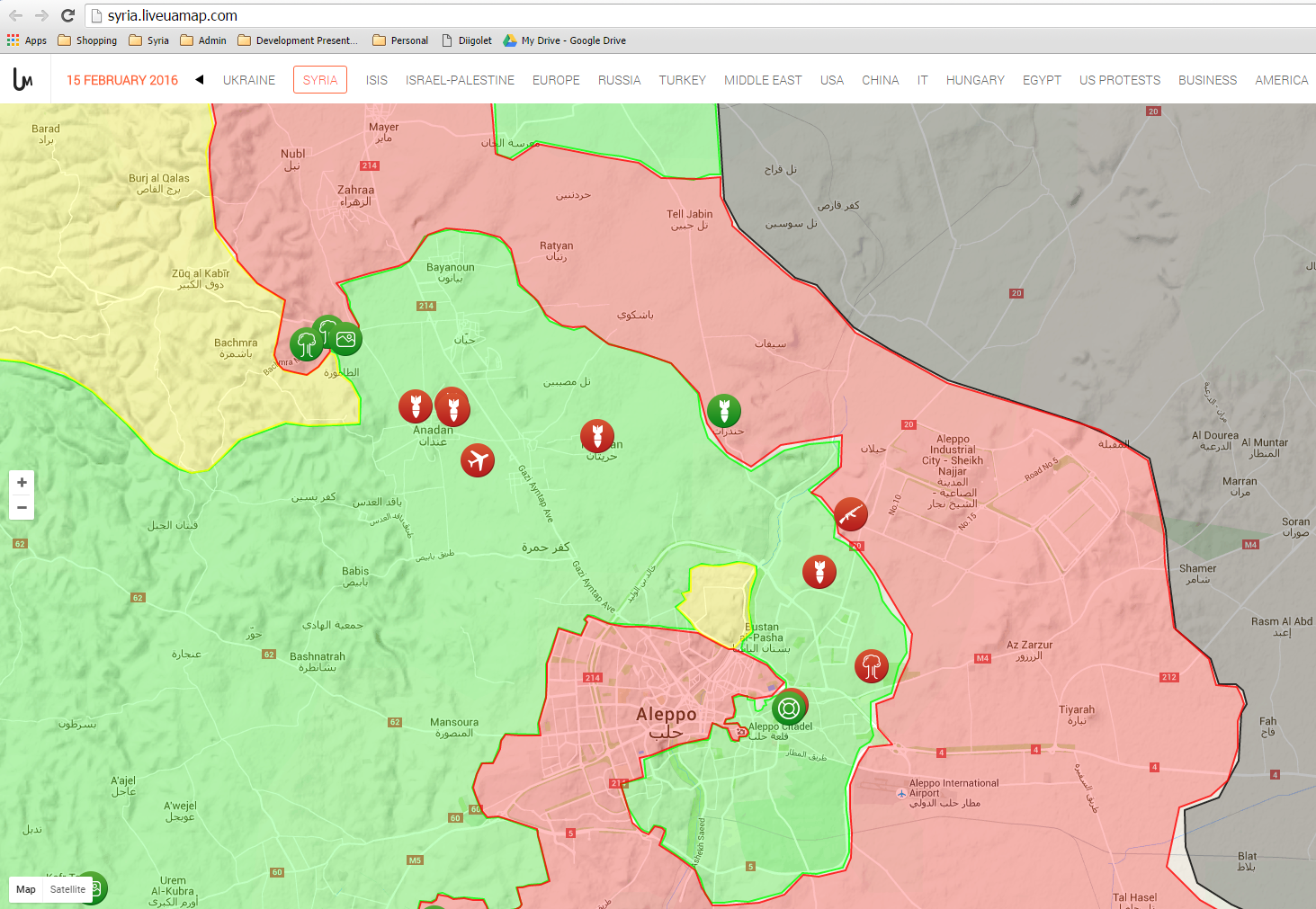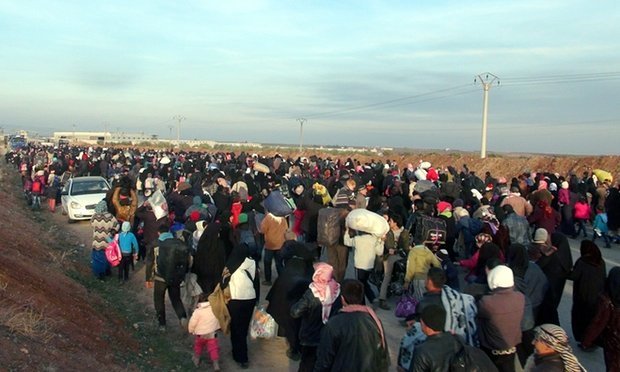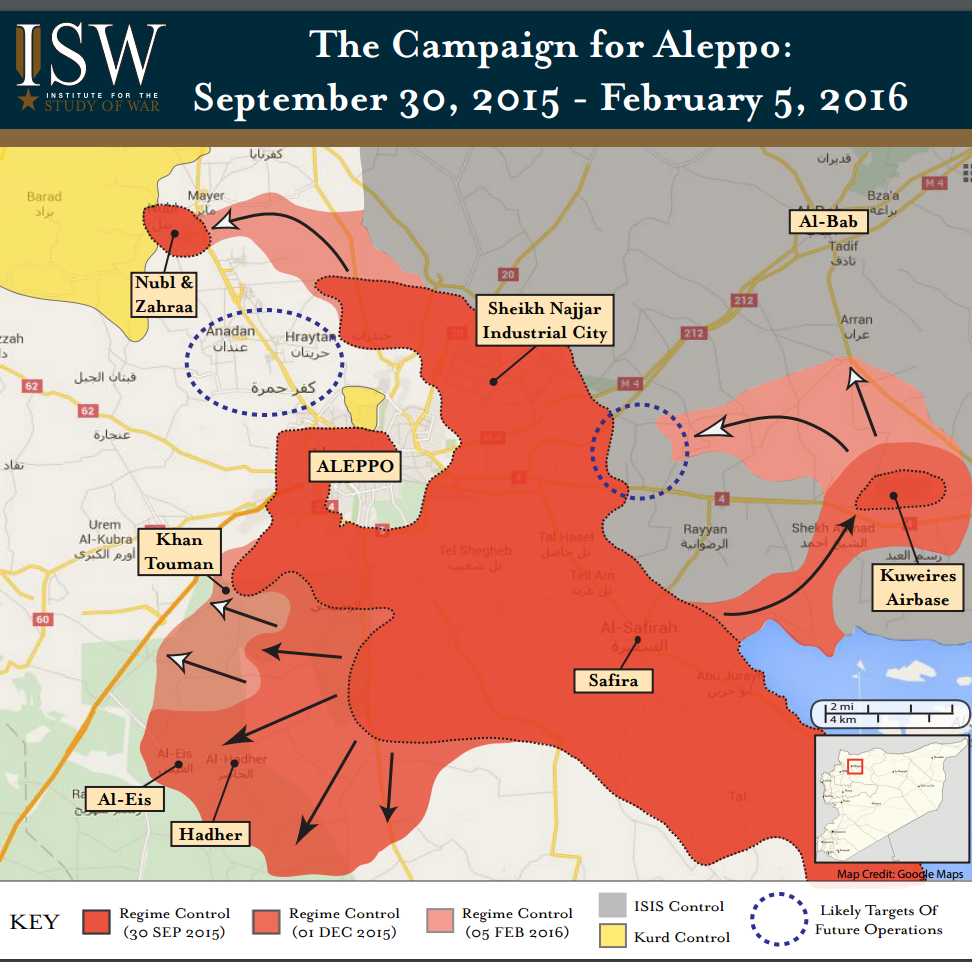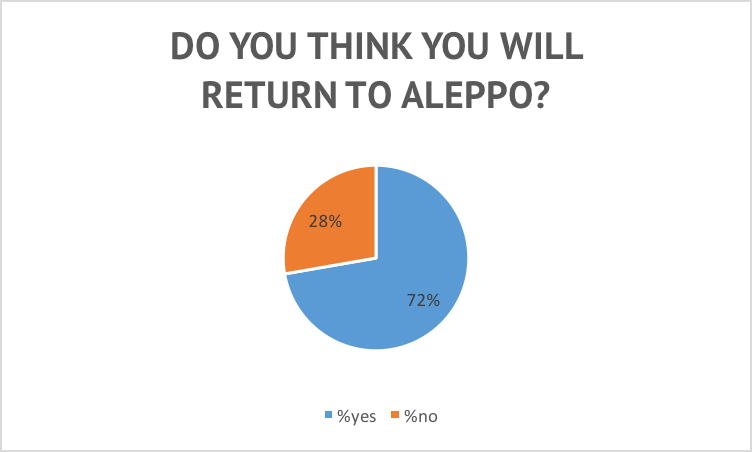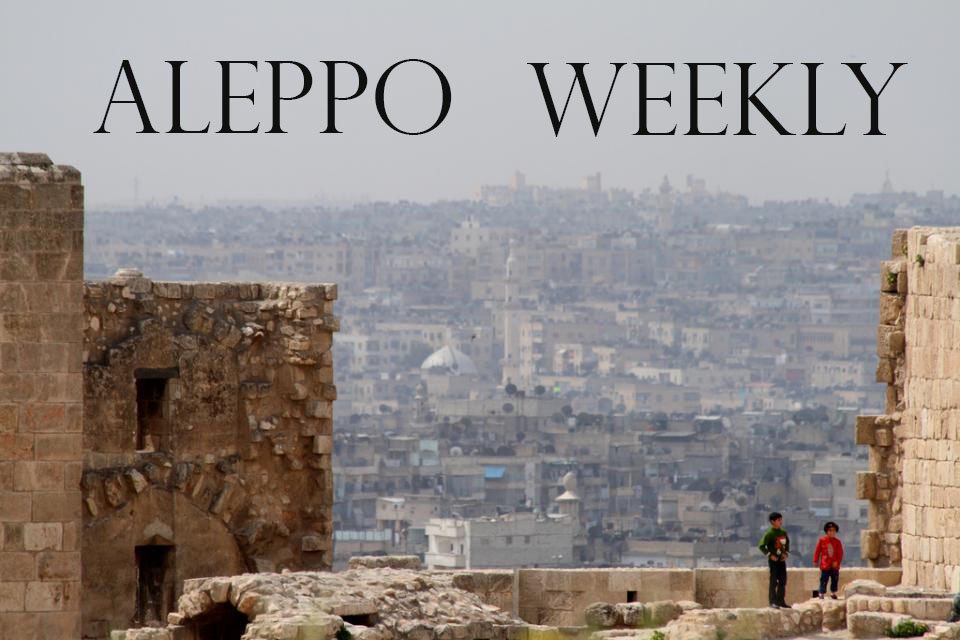We know that many Syrians who have been forced from their homes are passionate about their country and are already playing a role in its future. When refugees and people who were forced to leave eventually return home, they often suffer a second displacement when they are pushed aside by reconstruction processes that ignore their needs and plans. By gathering information from as wide a range of people as possible, we hope to challenge many of the assumptions about how reconstruction should be managed.
In late 2014 and early 2015 we surveyed 1001 people. One of the questions we asked everyone was, “Do you think you will return to Aleppo?”
- 72 per cent said “Yes.” 28 per cent said “No.”
- This was generally true whether someone was male or female, had children, owned real estate, or his/her house had been damaged or destroyed.
- It did not hold true for education levels. If someone had at least some post-secondary education, he or she appeared 14 per cent less likely to return to Aleppo than someone without any post-secondary education.
Reconstruction plans should carefully consider who will return to Aleppo when the fighting stops. If, as is likely, the most vulnerable return first, and those with higher levels of education and more financial resources return much later, or not at all, the Aleppo of tomorrow will look very different than the Aleppo of yesterday.
To download the report, click here.
read more
 The Aleppo Project
The Aleppo Project
